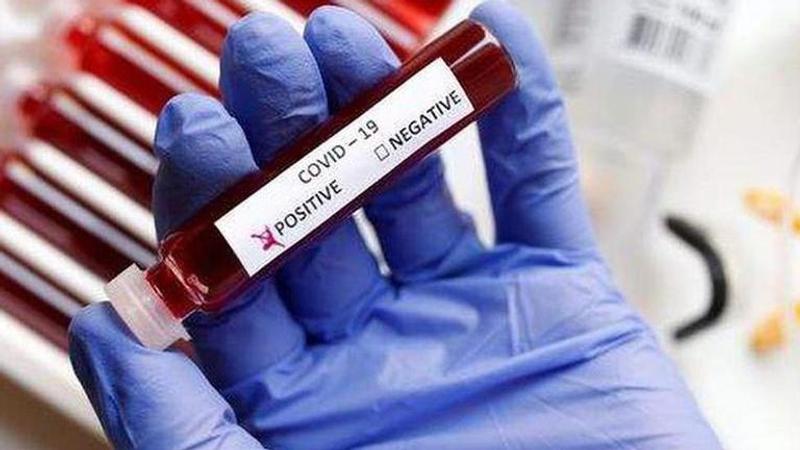Published 15:51 IST, July 26th 2020
Singapore reports 481 new COVID-19 cases; all foreigners
Singapore reported 481 new COVID-19 cases, all foreigners, on Sunday as the nationwide tally of the infections touched 50,369, the health ministry said.

Singapore reported 481 new COVID-19 cases, all foreigners, on Sunday as the nationwide tally of the infections touched 50,369, the health ministry said.
Of the new cases, 476 are migrant workers living in dormitories, while five community cases reported are also foreigners holding work passes, said the Ministry of Health (MOH).
There are also four imported cases, who had been placed on stay-home notice upon their arrival in Singapore.
On Thursday, the MOH said the average number of new daily cases in the community in a week has decreased from nine cases two weeks ago to seven in the past week.
Meanwhile, two of the six imported cases reported on Saturday were permanent residents here who had returned from India on July 12 and from the UK on July 10.
The remaining four imported patients are dependant's pass holders who arrived from India between July 11 and July 13, including a three-year-old boy, an Indian national who had no symptoms.
Human trials for a COVID-19 vaccine could begin in Singapore as early as this week, involving 108 healthy volunteers of various ages, reported The Sunday Times.
The volunteers will be injected with the vaccine developed by Duke-NUS Medical School and United States pharmaceutical company Arcturus Therapeutics.
Called Lunar-Cov19, the vaccine is one of 25 vaccine candidates worldwide that either have been tested on humans, or have received approval to do so. Some 141 others are still at a pre-clinical phase.
Professor Ooi Eng Eong, Deputy Director of Duke-NUS Medical School's emerging infectious diseases programme, told The Sunday Times that the aim of the trial is to determine the safety of the vaccine, and whether it could coax the desired immune response in the body against Sars-CoV-2, the virus that causes COVID-19.
Blood samples will be taken from the volunteers several times after vaccination for analysis.
As immune system elements such as antibodies and T-cells are found in blood, the data will help scientists determine if the vaccine is successful in stimulating the body to produce the "soldiers" critical for helping the body fight off an infection.
Recently published results from human trials for other vaccine candidates have already shown encouraging signs on these fronts.
The findings released were from the early phases of clinical trials for vaccines being developed by Oxford University and multinational drugmaker AstraZeneca; CanSino Biologics and China's military research unit; and German biotech company BioNTech and US drugmaker Pfizer.
Prof Eong said that he was optimistic that the results from the Singapore trial would yield similar encouraging results. PTI GS RS
Updated 15:51 IST, July 26th 2020




